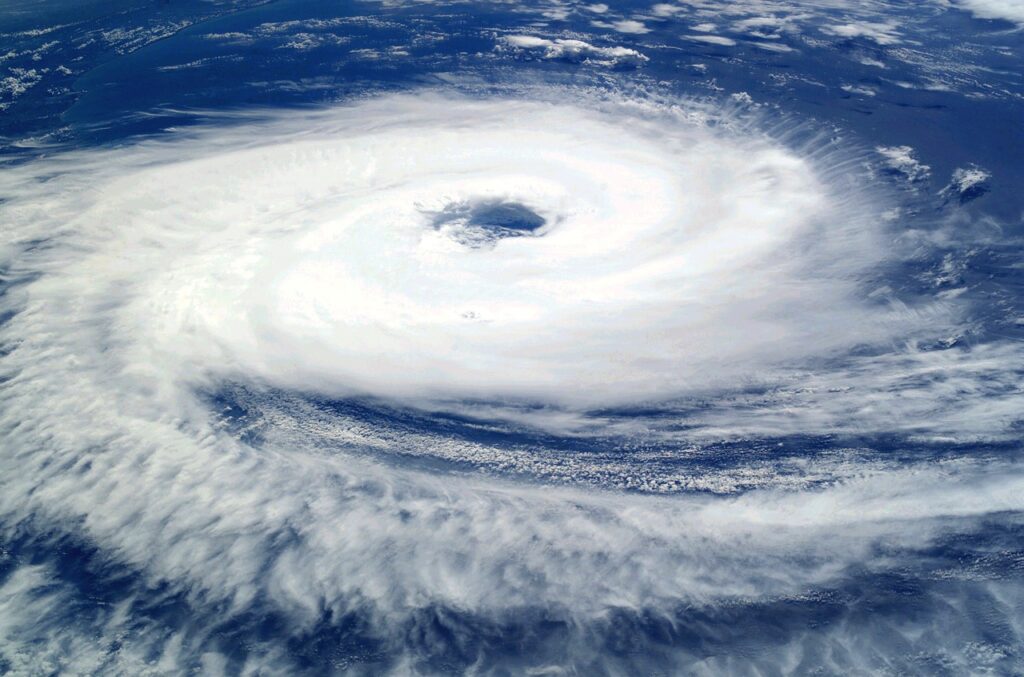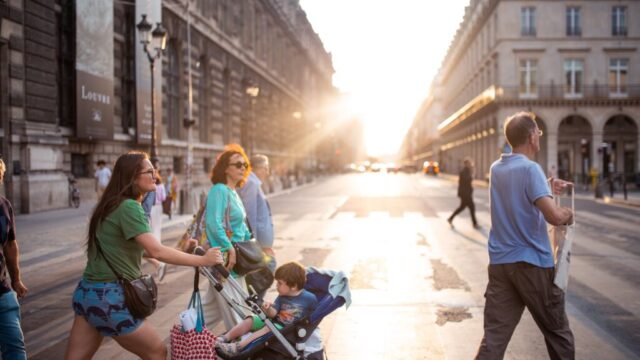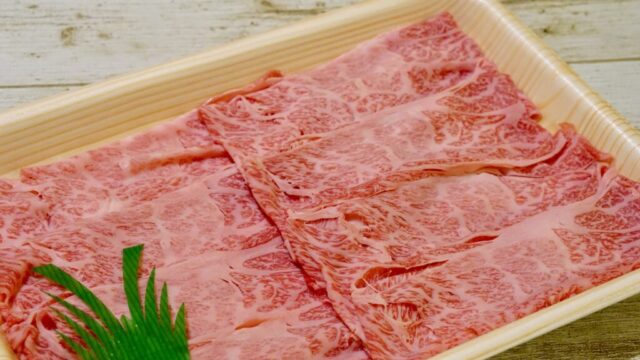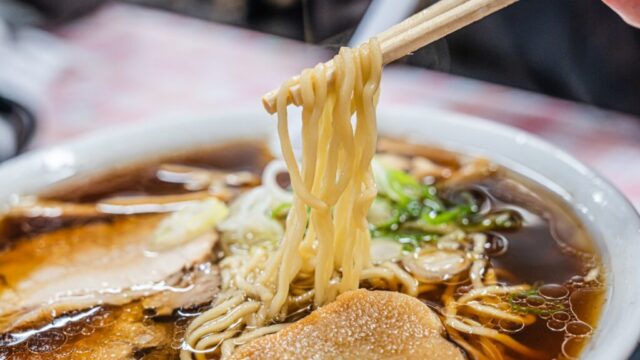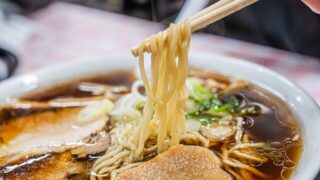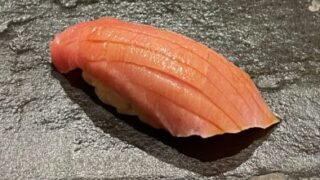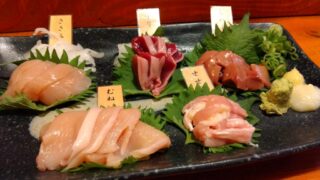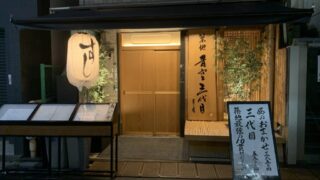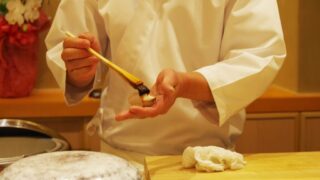Every year, typhoons visit Japan during the summer season, and they can pose a risk of casualties. In this article, we’d like to share some basic knowledge about typhoons, especially for those who plan to visit Japan in the summer. We hope this information is helpful.
What Happens When a Typhoon Comes
During a typhoon’s landfall, it is struck by intense wind and heavy rain, making it extremely dangerous to walk outside. Many shops close, and public transportation services are often suspended. When a typhoon comes, it is best to prioritize safety and refrain from going outside altogether. Even if you decide to venture out, please understand that there might not be much to do due to the hazardous conditions.
Importance of Gathering Weather Forecast Information
Japanese weather forecasts always provide up-to-date information about typhoons, including their predicted routes after they form over the ocean. If you plan to visit Japan during typhoon season, gathering weather-related information is crucial.
Prioritize Safety
During a direct hit from a typhoon, it is recommended to stay inside your hotel and follow the instructions given by the hotel staff. Do not venture outside under any circumstances! Especially, avoid approaching the sea or rivers!!!
August and September Experience More Typhoons
Statistically, typhoons are more likely to make landfall in August and September. Be cautious during the months surrounding this period as well.
Stock Up on Water and Foodstuff
When a typhoon makes landfall, logistics may be disrupted, and it might be impossible to go outside. Check with your hotel about how to obtain water and food during such situations. If needed, consider procuring supplies from supermarkets or convenience stores about 24 hours before the expected impact of the typhoon. It is recommended to take action well in advance as there is a possibility that certain items will be sold out.
++
If a typhoon approaches, you might experience about 24 hours of unproductive time. It might even coincide with your travel day to another city, disrupting your planned itinerary. However, remember that safety should always be the priority.
In Japan, there is a proverb “Taifuu ikka” (台風一過), which means “After the typhoon comes the calm.” It signifies that good weather follows after a typhoon has passed. So, after the typhoon, look up at the sky and enjoy the clear blue sky.

